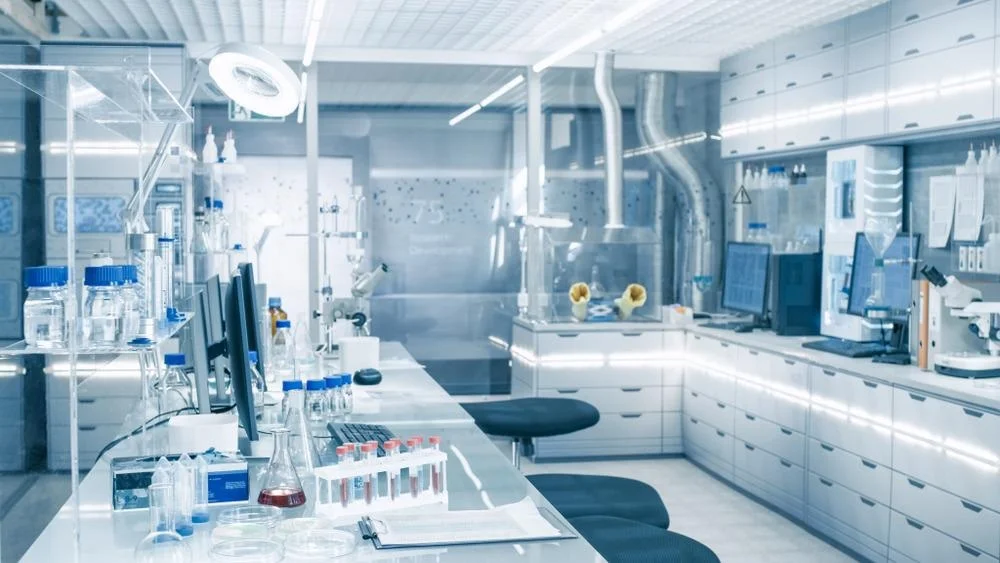Industrial Effluent Organic Contaminant Profiling
In today’s regulatory landscape, ensuring compliance with environmental regulations is paramount. Industrial effluents can pose significant risks to ecosystems and human health if they contain organic contaminants. The industrial sector relies on robust testing protocols to identify these contaminants accurately.
Our service, Industrial Effluent Organic Contaminant Profiling, employs advanced analytical techniques to profile the presence and concentration of organic compounds in effluents. This comprehensive profiling helps industries understand their environmental impact and take proactive measures to mitigate risks. The process begins with thorough sampling of effluent streams, followed by rigorous analysis using high-performance liquid chromatography (HPLC) coupled with mass spectrometry (MS).
Our team of experts ensures that the collected samples are handled with precision, ensuring accurate results. We use state-of-the-art instruments to analyze a wide range of organic compounds, including pesticides, polycyclic aromatic hydrocarbons (PAHs), and pharmaceutical residues. The service is designed for industries such as petrochemical, pharmaceutical, and agricultural sectors where stringent environmental regulations are in place.
The results from our profiling help clients make informed decisions about their operational practices. By identifying specific contaminants, we enable them to implement targeted mitigation strategies. This not only improves compliance but also enhances the overall sustainability of industrial processes. Our service is tailored to meet the unique needs of each client, ensuring that the testing process aligns with industry-specific standards and regulations.
Our proficiency in this area is validated by our adherence to international standards such as ISO 17025 for laboratory accreditation. This ensures that every test conducted is reliable and accurate. We are committed to providing high-quality data that can be used for regulatory reporting, internal audits, and process optimization.
| Service Component | Description |
|---|---|
| Sampling and Transportation | Thorough sampling of effluent streams followed by secure transportation to the laboratory. |
| Preparation and Analysis | Sample preparation using HPLC-MS for detailed analysis of organic compounds. |
| Data Interpretation and Reporting | Comprehensive interpretation of results with detailed reports highlighting findings and recommendations. |
Scope and Methodology
The scope of our Industrial Effluent Organic Contaminant Profiling service includes a comprehensive analysis aimed at identifying and quantifying organic compounds in industrial effluents. The methodology is designed to ensure accurate, reliable, and reproducible results.
- Sampling: Conducted according to ISO 17025 standards to ensure the integrity of the sample.
- Sample Preparation: Utilizing HPLC-MS for precise identification and quantification of organic compounds.
- Data Analysis: Employing advanced software to process raw data, ensuring accurate interpretation.
Eurolab Advantages
At Eurolab, we pride ourselves on delivering exceptional quality and reliability in our testing services. Our Industrial Effluent Organic Contaminant Profiling service is no exception. Here are some of the key advantages:
- Comprehensive Expertise: Our team comprises highly skilled chemists and engineers with extensive experience in environmental testing.
- State-of-the-Art Facilities: Equipped with cutting-edge technology to ensure accurate and precise results.
- Regulatory Compliance: Adherence to international standards such as ISO 17025 ensures that our results are credible and accepted globally.
- Customized Solutions: Tailored services designed to meet the specific needs of each client.
International Acceptance and Recognition
Our Industrial Effluent Organic Contaminant Profiling service is widely recognized and accepted internationally. Here are some key standards that validate our approach:
- ISO 17025: Accreditation ensuring quality, reliability, and competence in laboratory testing.
- ASTM D7964: Method for the determination of PAHs in water by HPLC-MS/MS.
- EN ISO 14025: General principles and guidelines for the validation of test methods.





